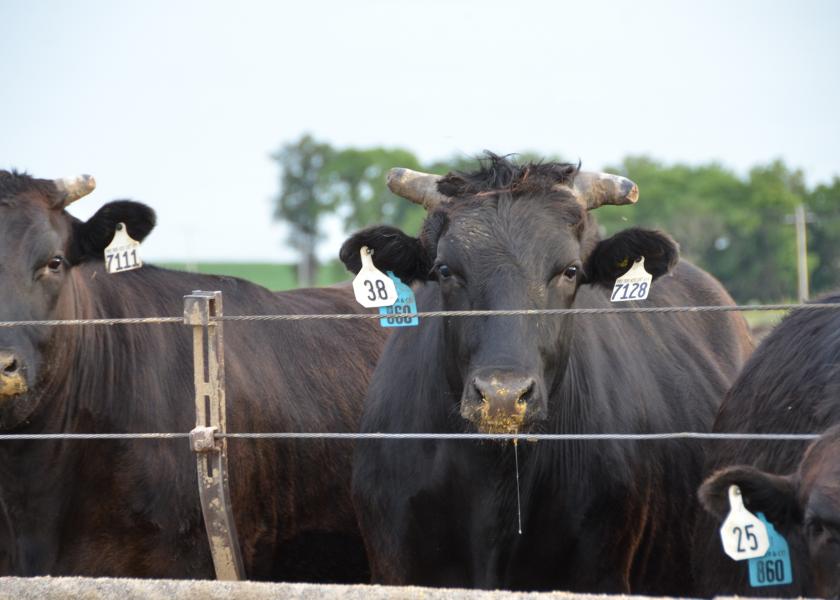International Trade Raises the Bar For Beef Producers

“You guys are really in a great field when it comes to Wagyu because there’s so much potential. When you go to cities like New York and San Francisco, it’s in a class by itself. And in a way, I think Wagyu stands on its own two feet when it comes to marketing and consumer perception.”
That’s what Phil Seng, emeritus CEO of the U.S. Meat Export Federation and affiliate professor at Colorado State University, told around 250 Wagyu breeders attending the 2021 American Wagyu Association annual conference in Fort Collins, Colo.
Seng gave Wagyu breeders a brief history of world trade, starting with the storied Silk Road that connected China and Europe. What’s more, the U.S. has a strong history of international trade. “The first trade agreement was done with Thailand,” he said, which was negotiated in 1833 when the country was known as Siam. Then there was Commodore Perry, who worked out a trade deal with Japan in 1853.
Recently, however, U.S. involvement in international trade has been cussed and discussed, often in a negative light. “So the question for all of us now is where do we go from here? Where do we go from here when it comes to dealing with China? Where do we go from here when it comes to dealing with Japan?”
Seng lived in Japan for 10 years and became very familiar with the country, its people and its culture. “Over all those years living overseas and being in the markets, I began to realize that you really dignified trade negotiations with sound marketing programs,” he told Wagyu breeders.
People don’t just buy by accident. “You’ve got to make a dedicated effort to do this. And this is where the beef checkoff, this is where U.S. government programs have made a huge difference as far as getting the United States a very aggressive foothold in a lot of these markets.”
As a result, he told Wagyu breeders, the U.S. beef industry is held in very high esteem internationally.
Wagyu cattle originated in Japan and are deeply intertwined with Japanese culture. Wagyu isn’t a breed but rather a term encompassing all Japanese cattle. In fact, Wa means Japanese and gyu means cow. Beneath that banner are a number of different Japanese breeds.
“There’s only one country in the world that’s had their cuisine recognized as a national treasure, as a cultural heritage, and that’s Japan. And Wagyu is very much a part of that mix,” he said. “So what this really amounts to is, with Japanese Wagyu, it’s the consummate brand. And without a doubt, the greater value you add, which is Wagyu, the more you want to intensify your brand marketing. The more you tell your story, the more value you add,” he told Wagyu breeders.
To that end, he said the Japanese are preparing to become stronger players in the international beef market. “I think now Japan exports about $19 billion in agriculture products. They want to get to $49 billion by 2030. They have a lot of things they export, but Wagyu is one of the chief things they’re really taking a look at.”
Then there’s Australia, which has been and will continue to be a major U.S. competitor in the international market. The U.S. has a free trade agreement with Australia that specifies Australian products can come into the U.S. duty and tariff free with no quota limits in 2023, he said.
Australia has long exported manufacturing beef to the U.S. but that may well change. “I think we’re going to see a lot of competition in this market coming from Australia,” he said. “I think we’re going to start seeing in 2023 a lot more interest as far as moving Aussie Wagyu in the United States.”
International demand for beef will continue to grow, he predicted. “On average, if I looked at the last 30, 40 years, it’s probably been growing between 3 percent and 5 percent a year.”
That means the international beef market is big and getting bigger. So the main question, he told Wagyu breeders, is whether the U.S. will be a thrower or a catcher in global beef trade.
For more information about Wagyu, go to www.wagyu.org.







